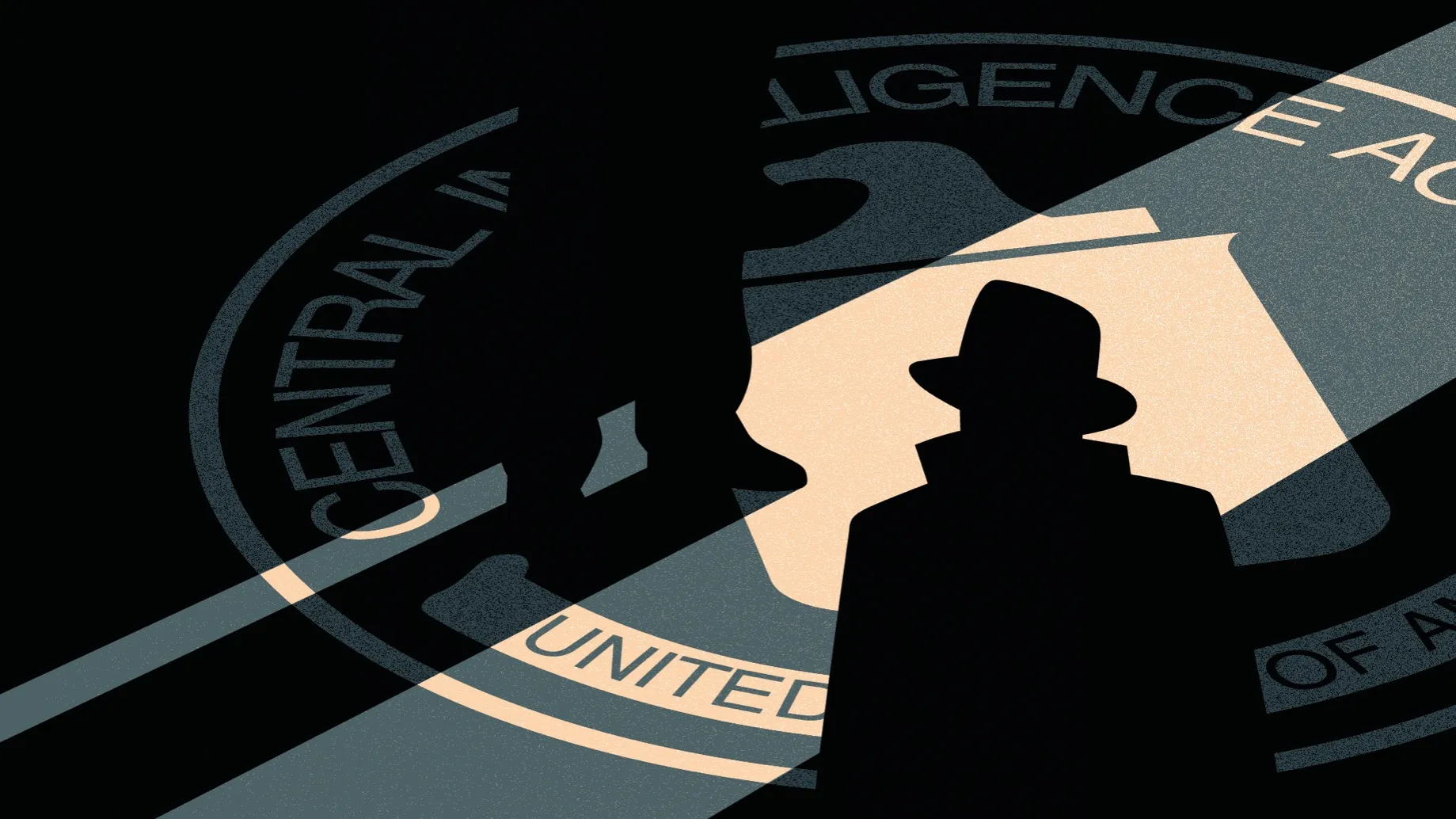premiumtix.net – The Central Intelligence Agency (CIA), established in 1947, has been at the forefront of American intelligence operations, playing a crucial role in shaping global events. However, its history is marked by both significant successes and notable failures. This article explores some of the CIA’s most impactful operations, both positive and negative, highlighting the agency’s complex role in international affairs.
Successes
- Predicting the Outcome of the Six-Day War in 1967: The CIA’s accurate prediction of the outcome of the Six-Day War is often cited as one of its most significant successes. This intelligence victory allowed the U.S. to prepare adequately and respond effectively to the conflict’s implications.
- Counter-Intelligence Operations: The CIA has been successful in thwarting numerous foreign espionage attempts against the United States. Notable successes include the uncovering of Soviet spy rings and the capture of foreign agents attempting to infiltrate U.S. government and military facilities.
- Covert Operations in Iran and Guatemala: The CIA’s covert actions in Iran and Guatemala, which led to the overthrow of governments considered undesirable by the U.S., are often highlighted as examples of effective use of intelligence to achieve strategic goals.
Failures
- Pearl Harbor Attack: The CIA’s predecessor, the Office of Strategic Services (OSS), failed to prevent the Japanese attack on Pearl Harbor in 1941. Despite having some intelligence about the impending attack, inadequate intelligence sharing and misinterpretation of data led to the catastrophic surprise attack.
- Bay of Pigs Invasion: The CIA’s plan to overthrow Fidel Castro’s regime in Cuba in 1961 was a disastrous failure. The operation was poorly planned and executed, leading to the capture of the invading force and a significant setback in U.S.-Cuban relations.
- Tet Offensive in Vietnam: The CIA underestimated the scale and impact of the Tet Offensive in 1968, which was a turning point in the Vietnam War. The failure to predict the intensity of the attack led to significant strategic miscalculations and undermined U.S. public support for the war.
- 9/11 Attacks: The CIA’s failure to prevent the 9/11 terrorist attacks is one of its most infamous blunders. Despite having intelligence about potential threats, the agency failed to connect the dots and prevent the catastrophic attacks on the World Trade Center and the Pentagon.
- Iraq’s Weapons of Mass Destruction: The CIA’s false assessment that Iraq possessed weapons of mass destruction (WMDs) was a critical failure that led to the U.S. invasion of Iraq in 2003. The lack of WMDs found in Iraq significantly undermined the credibility of the CIA and led to long-term geopolitical consequences.
Conclusion
The CIA’s history is a complex tapestry of successes and failures, each contributing to the agency’s evolution and the shaping of international relations. While its successes have often been overshadowed by its failures, the CIA’s role in intelligence gathering and strategic operations remains critical to U.S. national security. As the agency continues to adapt to new global challenges, it is important to learn from both its successes and failures to enhance its effectiveness and integrity.
